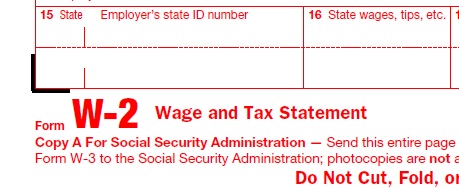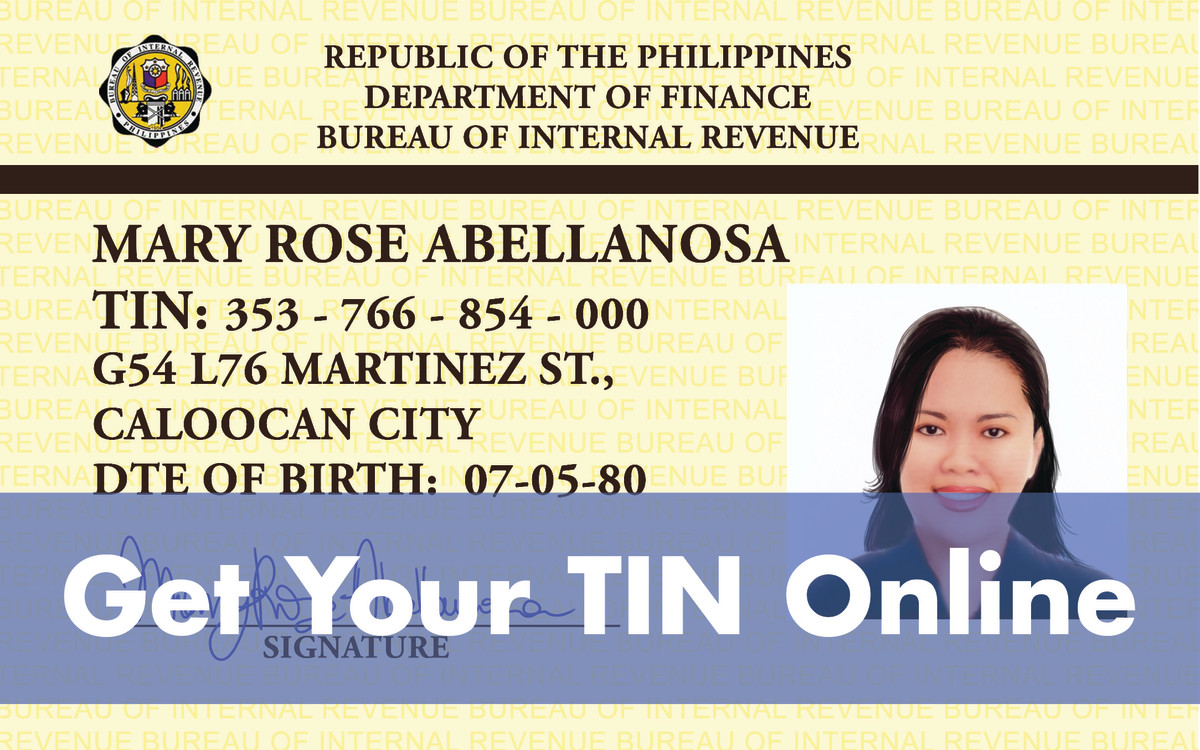- HubPages»
- Personal Finance»
- Tax & Taxes»
- Tax Advice
IRS Problems – How to Avoid Them and Handle Them

There are multiple reasons one would have difficulties with the IRS. This article examines some of these and the best ways to handle this agency. The issues here are very similar to issues with the state revenue departments, so handling state issues would be similar as well. The order of the issues is from least severe (and expensive) to most and these are for individuals and businesses alike.

Issue #1: You can file the return, but you cannot pay the tax immediately.
The IRS imposes penalties and interest on both late payments and failure to file a return. When a person or business does not file a return, both penalties are imposed and interest builds on the penalties. The best course of action is to file the return on time (or as soon as possible) to avoid the failure to file penalty and pay what you can with the return. The IRS will then send you notices to pay the balance. Pay some with each notice. However, the third notice is the last one, so you need to have the balance paid off with the third notice. If you cannot, then borrow the money from anywhere you can. Once that third notice passes, the IRS will take whatever they can from your bank account, regardless of whether you have outstanding checks or not. If it cannot get the money from your bank account, the IRS will impose a lien on your property so you cannot sell it until the problem is fixed.

Issue #2: You owe the IRS a sum of money that is currently manageable.
Since the IRS is already in your life, the objective is to get it out. The term “manageable” in this case means that is there is a way to borrow the money to get this agency out of your life. Do it. Yes, that means even paying 20% to 30% interest if needed. Once the IRS starts grabbing your bank account, the bounced check fees and other associated problems can be far more expensive than 30% interest. Keep this agency away from your bank accounts.

Issue #3: You owe the IRS money and it is not a manageable amount.
This situation generally arises from a person or business not filing returns for many time periods and the IRS begins to estimate what it is owed, with penalties and interest of course. This is the point where you would need to make a deal with the IRS. An Offer in Compromise is a negotiation with the IRS to agree on a sum that you can actually pay, whether all at once or in installments, usually less than what you actually owe. However, the IRS will dig through your entire life. There are special forms that need to be completed after which it will begin its examination. You will need to get current with all your tax filings and, if you get a deal with the IRS, you will need to stay current. If you slip up, the deal is over and the IRS will immediately start to recover the original amount. This is an issue where you will want to contact an expert at dealing with the IRS.

Issue #4: You are being audited.
Audits can range from being a simple matter to a full-blown examination of multiple years of tax returns. For simple matters, you might want to handle it yourself. However, for extensive examinations, you really need to get expert help. There are some simple tips for handling an audit. First, provide only copies of information, never the original documents. The IRS is notorious for losing things and that document may be the only proof you have. Second, provide only the information requested, nothing more. Providing information other than what is requested gives an IRS agent the ability to look into other areas of your life and extend the scope of the audit. You might be perfectly innocent, but you do not need them poking around further. Third, if you talk to an IRS agent, only provide the information requested. Many people get into trouble because nervousness makes them talk more. Talking about anything other than what the agent requests allows the agent to look for other avenues to create problems for you.

These are the four main issues people encounter with the IRS. If things are handled properly, there is no need to fear. Unfortunately, people tend to either panic or just ignore the matter. It never gets better. Getting in front of the problem can save you a world of headache and money.
It is also best to understand that a professional will save you time and money with the IRS. A good professional can get the tax notices stopped and tax liens lifted. A professional can work with you to get the IRS off your back so you can concentrate on what you need to get done. While sometimes these professionals seem pricy, the quickness of relief and the knowledge that someone is fighting for you can be well worth it. The primary goal is to get the IRS out of your life; do things that make that happen.






